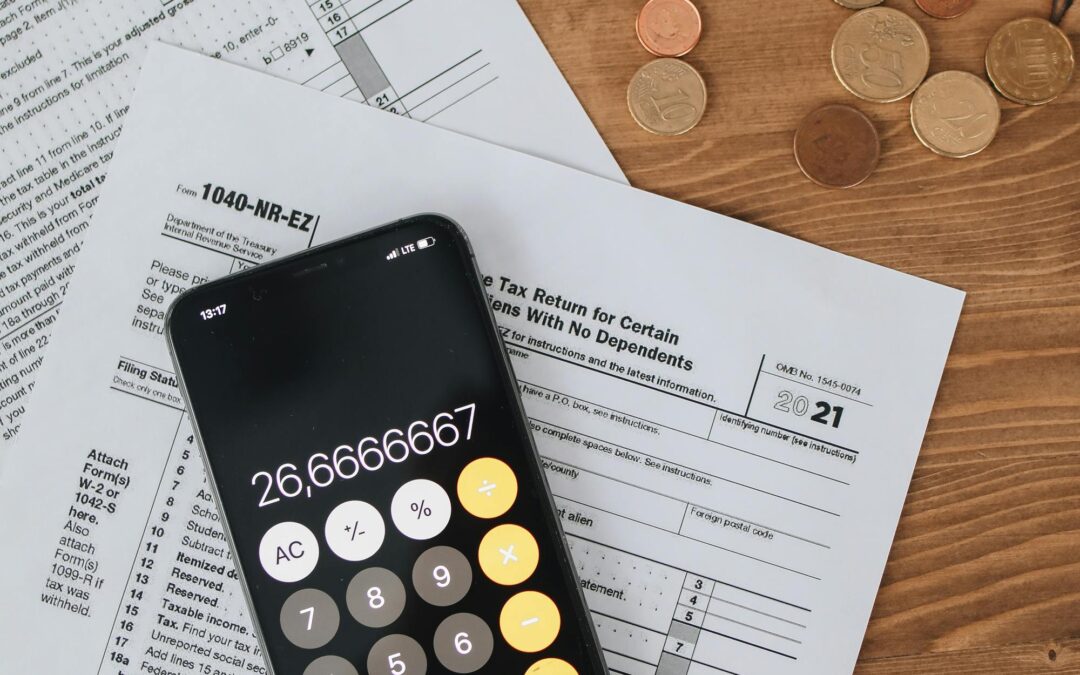
by Dean Logan Chartered Accountant | Aug 15, 2019 | Business Advice, Corporation Tax
Q. I borrowed some money from my company to lend to my brother. He is paying it back in monthly instalments over three years. I am the sole director and shareholder of the company and I am not charging my brother interest on the loan. Are there any tax implications I...

by Gina Epps BFP ACA | Aug 15, 2019 | Accountancy, Business Advice, Corporation Tax, Tax
Tax relief is generally available on pension contributions at the taxpayer’s highest rate of income tax paid, meaning that basic rate taxpayers get relief on contributions at 20%, higher rate taxpayers at 40%, and additional rate taxpayers at 45%. In Scotland,...
by Gina Epps BFP ACA | Aug 8, 2019 | Accountancy, Business Advice, Corporation Tax, Personal Tax, VAT
Over recent years the number of ‘online traders’ or ‘Ecommerce’ businesses has grown considerably and in the next ten years we believe the market will at least double! Hanley & Co began advised several substantial eBay traders over ten...




